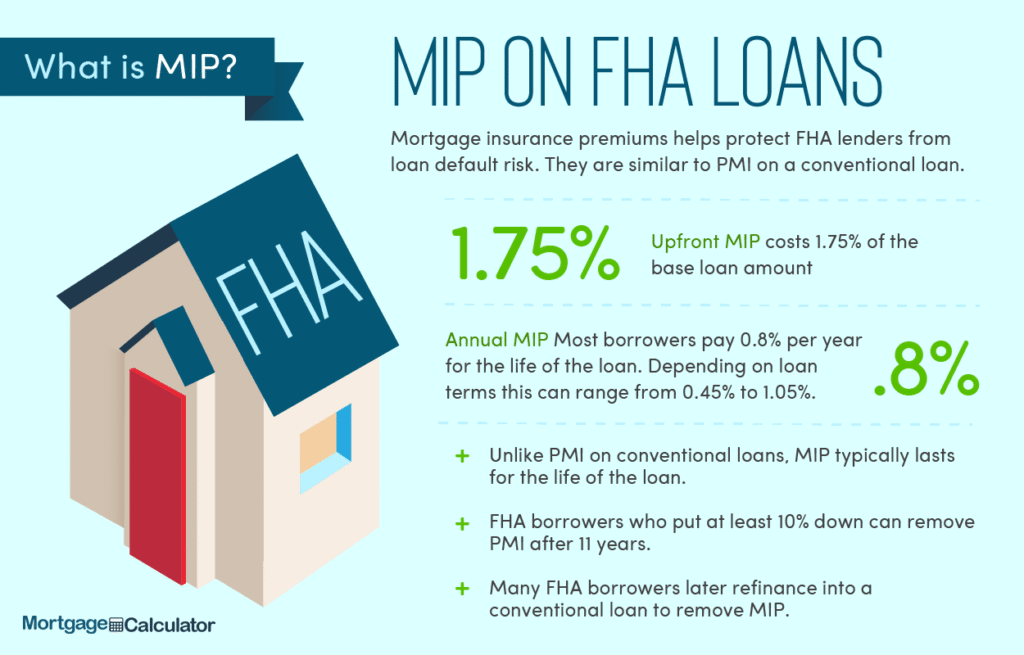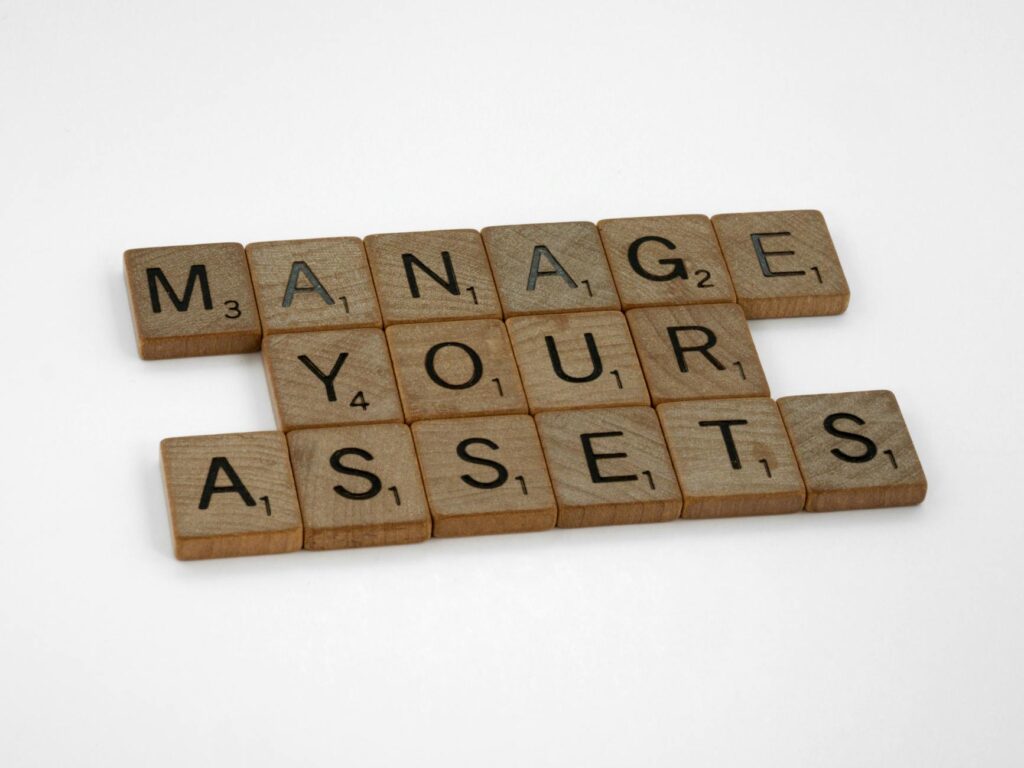Debt can feel overwhelming, but there’s hope! Debt consolidation loans can simplify your finances and potentially save you money. This guide explores how to find the best debt consolidation loan for your situation.
Understanding Debt Consolidation Loans
Debt consolidation loans combine multiple debts into a single, manageable monthly payment. This can streamline your finances and potentially lower your interest rate, leading to faster debt repayment. 
Types of Debt Consolidation Loans
Several options exist, including personal loans, balance transfer credit cards, and home equity loans. Each has pros and cons; choosing the right one depends on your credit score, debt amount, and financial goals. Learn more about personal loans.
Factors to Consider When Choosing a Loan
Before applying, carefully compare interest rates, fees, loan terms, and repayment periods. A lower interest rate will significantly reduce your overall cost. Check for prepayment penalties, too. Consider using a debt consolidation calculator to estimate your savings.
Improving Your Chances of Approval
Lenders assess your creditworthiness. A higher credit score generally translates to better loan terms. Improving your credit score before applying can significantly increase your chances of approval and secure a more favorable interest rate. Read our tips on improving your credit score.
Hidden Fees and Charges
Be wary of hidden fees! Carefully review the loan agreement for any origination fees, late payment fees, or other charges that could add to your total cost. Some lenders are more transparent than others; research is key. [IMAGE_2_HERE]
Comparing Loan Offers
Don’t settle for the first offer you receive. Shop around and compare offers from multiple lenders to ensure you’re getting the best possible terms. Consider using a loan comparison website to streamline this process.
The Role of Your Credit Score
Your credit score is a crucial factor in determining your eligibility and interest rate. A higher score often leads to lower rates and more favorable terms. Check your credit report for accuracy before applying. Here’s how to check your credit report for free.
Making Your Repayment Plan
Once you’ve secured a loan, stick to your repayment plan diligently. Missed payments can damage your credit and negate the benefits of consolidation. Consider automating your payments to avoid late fees. [IMAGE_3_HERE]
Debt consolidation can be a powerful tool for managing and reducing debt. By carefully considering the factors discussed above, you can find a loan that fits your needs and sets you on the path to financial freedom. Remember to always borrow responsibly.
Frequently Asked Questions
What is a debt consolidation loan? A debt consolidation loan combines multiple debts into a single loan with one monthly payment, potentially simplifying repayment and lowering your interest rate.
How does debt consolidation affect my credit score? Initially, it might slightly lower your score as a new account is added. However, consistent on-time payments can improve your score over time by reducing your credit utilization ratio.
What are the risks of debt consolidation? The main risk is taking on more debt than you can manage. Ensure you can comfortably afford the monthly payments before consolidating. Hidden fees are another potential pitfall.
Is debt consolidation right for everyone? Not necessarily. It’s most beneficial for people with good to excellent credit and multiple debts with high interest rates. Those with poor credit might struggle to qualify for favorable rates.
What happens if I miss a payment on my debt consolidation loan? Missing a payment will negatively impact your credit score, and you may incur late payment fees. It’s crucial to make your payments on time.


